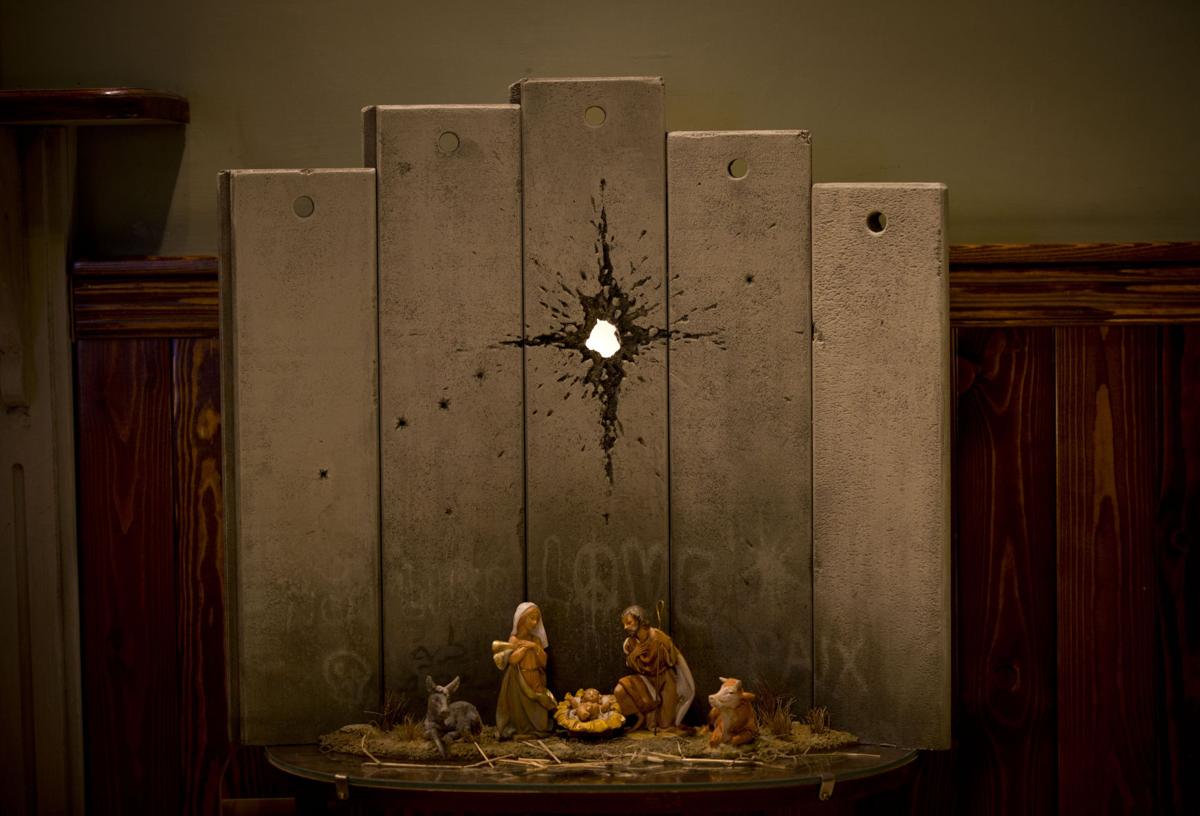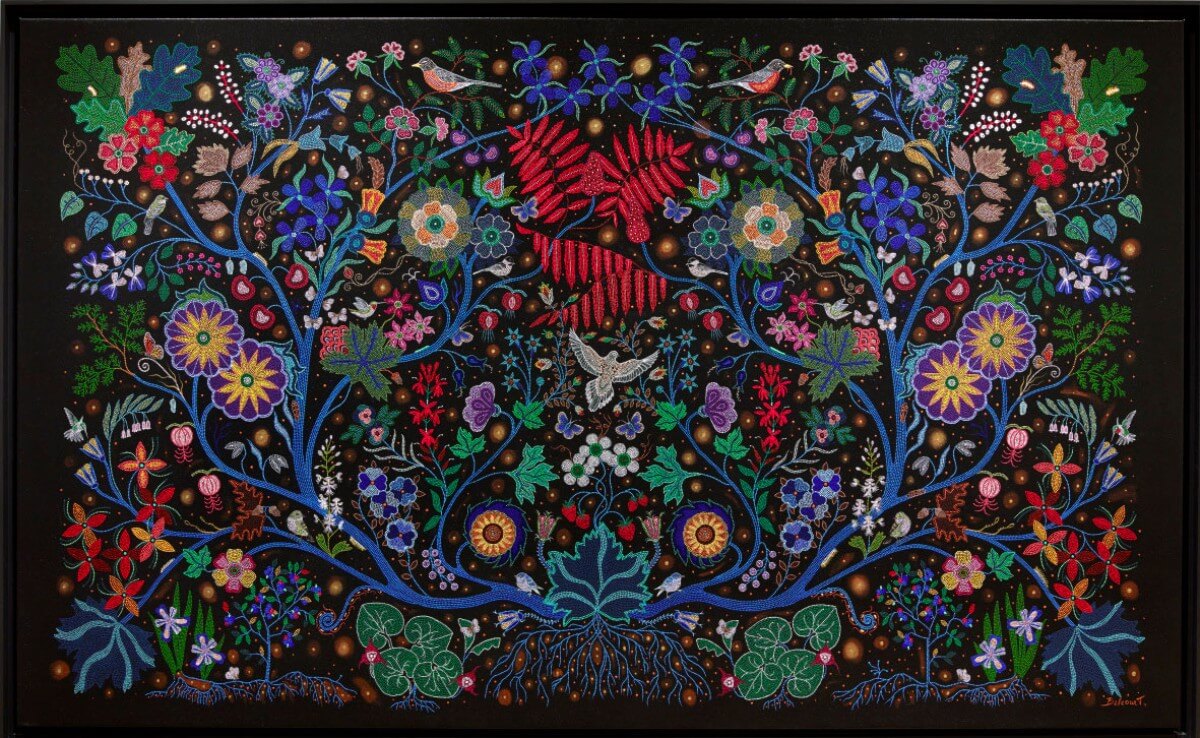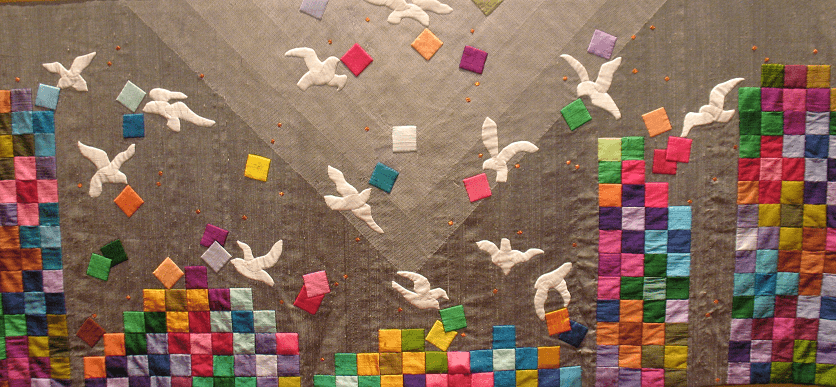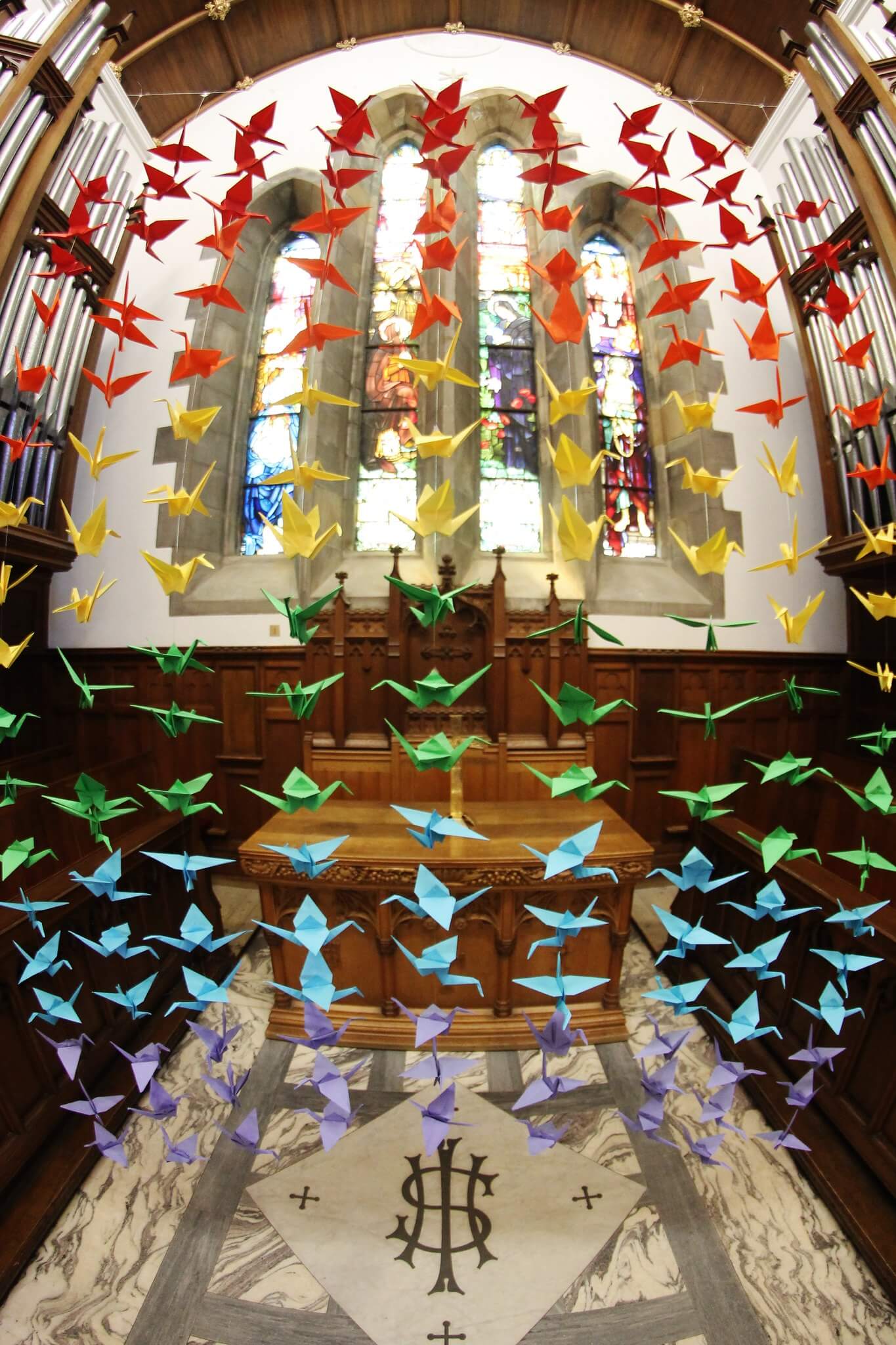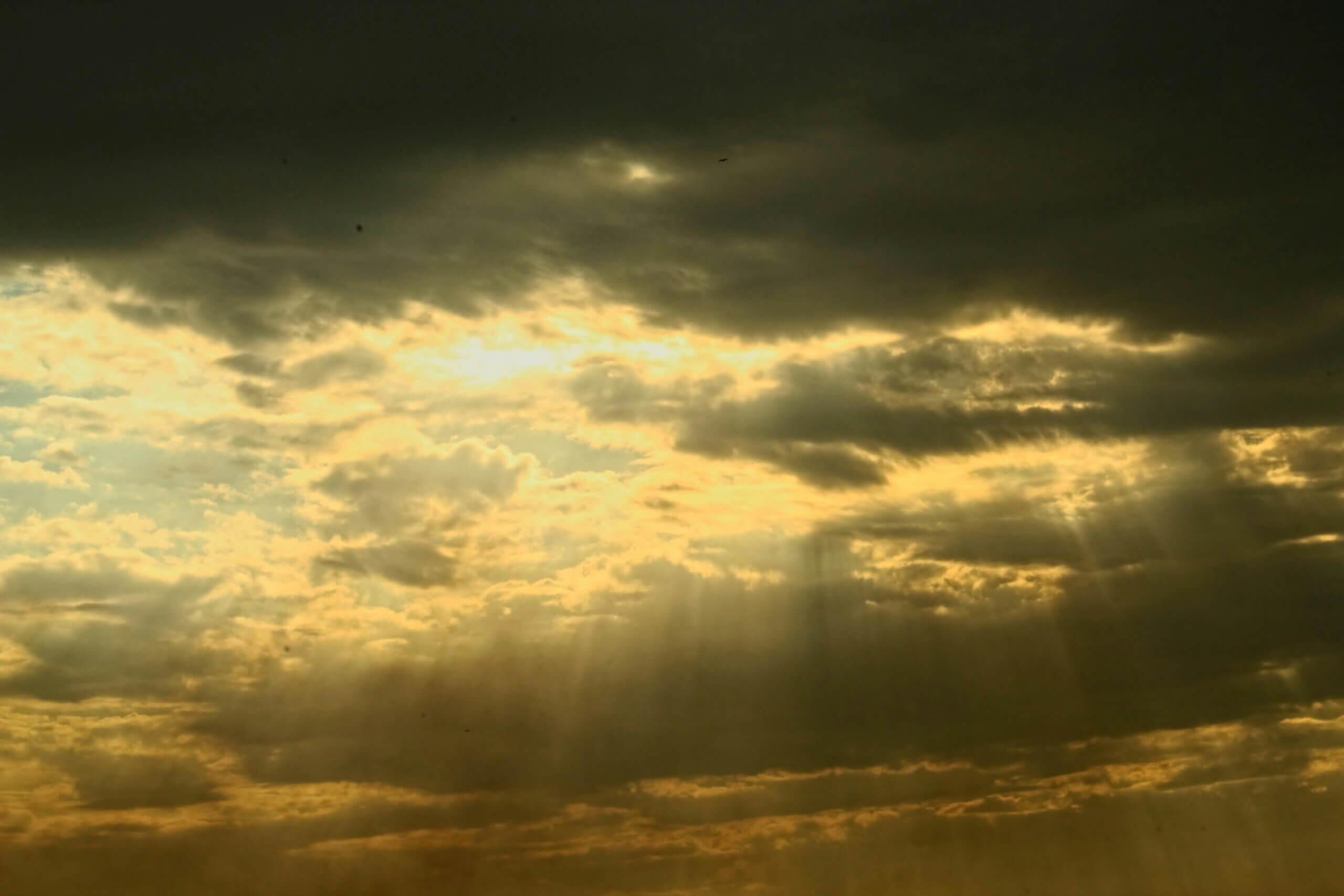Homily for Christmas Eve 2019
Sherman Hesselgrave
“Mercy is the dynamite that brings down walls.” “La misericordia es la dinamita que derriba muros.” That is a line from the new movie, The Two Popes, spoken by the man who would become Pope Francis. That line resonated deeply, and I knew it would work its way into this Christmas homily. That is because the Incarnation—God’s coming among us as one of us—is God’s greatest mercy in bringing down the walls that divide humanity from God and from one another. Someone has defined ‘mercy’ as a “love that responds to human need in an unexpected or unmerited way.” At its core, mercy is forgiveness. Mercy is grace.
Jesus was born into a world all too familiar with systems of domination, systems of empire and oppression that had existed from before the time the prophet Isaiah wrote of the “people who walked in darkness” who would see a great light of a new day of hope and promise, where the yoke of their burdens would be broken; the bar weighing down their shoulders, the rod of their oppressor, snapped. A child would be born who would become the Prince of Peace, and would reign with justice and equity.
I decided to include Garrison Keilllor’s retelling of the famous story of the 1914 Christmas Peace, because, in a World War that would result in about 40 million military and civilian casualties, we know that the people on the front lines were not only capable of demonstrating their humanity with a spirit of generosity, they certainly would have welcomed an end to all hostilities, were it not for their imperial masters. Peace was, at once, both so near and yet, so far away.
You may have seen this photo of Banksy’s latest creation: Scar of Bethlehem depicts the familiar scene of Jesus’ Nativity set in a modern-day Bethlehem, with the concrete security wall as the backdrop. The distinguishing feature of the wall is a bullet hole made to look like the star that guided the Magi to baby. The mysterious British street artist critiques the modern system of domination and oppression that those who live in Bethlehem today face daily. A bullet hole bespeaks violence, like the violence visited upon Bethlehem by a fearful Herod who slaughtered innocent children rather than risk a threat to his political power. But Banksy turns that bullet hole into a symbol of hope and enlightenment, like the crucifixion of Jesus led generations of Jesus’ followers to see the cross, a sign of capital punishment, as a symbol of hope and resurrection.
The love that responds to human need is the dynamite that brings down walls. A hole in a wall is proof that that wall is vulnerable. I am old enought to remember both the building of the Berlin Wall and the dramatic images of people tearing it down. Not every wall withstands time.
Robert Frost, in his poem, “Mending Wall,” wrote:
Before I built a wall I’d ask to know
What I was walling in or walling out,
And to whom I was like to give offense.
Something there is that doesn’t love a wall,
That wants it down.
The illusion that “good fences make good neighbours” is still with us, and it is still not working, not making the world into the vision that God delivered with the birth of a baby in Bethlehem a couple thousand years ago.
Madeleine Ritts, a community mental health social worker and researcher contributed a piece to the Toronto Star a few days ago, entitled, “How many more homeless need to die before we act?” She wrote: “On Tuesday [last week] Toronto city council called homelessness a ‘critical and emergency issue’; one week after the homeless memorial [outside Holy Trinity] recorded its 995th name…. Toronto Public Health estimates that two people die homeless each week. They also report that the median age of those who die homeless is 49. … Many homeless people,” she writes’ “have expressed feeling like they’re ‘invisible’ to others. … Someone’s survival should not hinge on charity. … Finding funds and resources to address this emergency is both a question of poplitical will and moral clarity. … How many more people need to die before we act.?”
If there is one message from which Jesus never waivered, it was this: everyone counts. Who is my neighbour?” he was asked. “Your neighbour is the person you’d rather die than helped by,” is essentially the lesson of the Parable of the Good Samaritan. Everyone counts. The poor widow. The powerless children. The hated foreigner. The despised tax collector. The person with leprosy. The woman of ill-repute. All of them have a place at God’s table. There is room in God’s house for all of them, all of us.
Banksy’s Scar of Bethlehem has been installed in the Walled Off Hotel, a Palestinian guest house designed by Banksy. In a town that is famously remembered for having no room in the inn for pregnant couple long ago, we have a poignant reminder of our own responsibility to stive and struggle to resist the systems of oppression that continue to operate in our own time. “Each of us is an innkeeper who decides if there is room for Jesus.” “Cada uno/a de nosotros es un posadero que decide si hay espacio para Jesús.”
Alone, we may feel powerless to bring about the necessary changes, but we are NOT alone. We are legion, but we must work together to let the world know that God is working through our hands, our hearts, our voices, to inch our way toward the peaceable kingdom imagined by those of old who put their faith in their Creator. Our witness and our struggle is not in vain, even when we do not see the results we hope for. With grace and mercy we keep chipping away at the walls that divide and obstruct the justice and the vision that a baby was born to reveal, long ago and far away.

